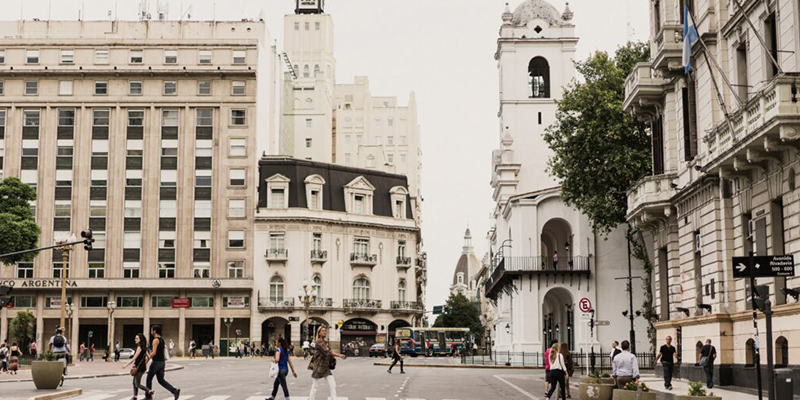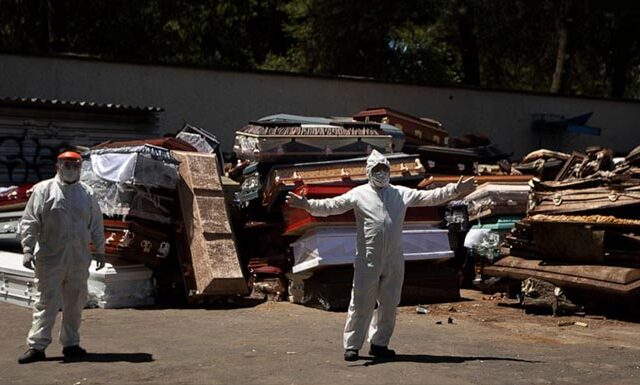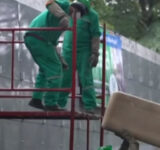Argentina is a country steeped in heritage. This can be seen in the way of life, the government and the traditions, until recently that is. The way Argentinians are dealing with death is evolving quickly, due to the cost implications.
Argentina is confronting a serious economic crisis. Its currency, the peso, has lost two-thirds of its value since 2018 and inflation around the country is around 30%. It is estimated that 35% of the country’s population is in poverty. The lack of funds and basic resources means that when a loved one passed family members have to make choices not only based on the final desires, but the funds available.
Initial purchase barrier
According to a local funeral home, Cocheria Tacuari The cheapest service offered is a cremation without a wake, which costs 25,000 pesos (roughly $415 US), which is almost 50 percent more than the minimum wage of 16,875 pesos ($ 281 US) a month.
Which makes the, 78.5% cremation rate not only the highest number seen in the last decade, but unsurprising. Juan Tapia from Cocheria Tacuari says paying for a funeral “means, for a family, that they might not eat this month,” said Tapia.
Grave and plaque upkeep
Rents at public cemeteries in Buenos Aires, including maintenance, range from 400 to 2,000 ($7- 30 US) pesos a month. In the private sector, plots sell for a minimum of 55,000 pesos ($918 USD) with monthly maintenance from 500 pesos ($8 USD). Costs that the members of the public can no longer afford.
Many tombs have been abandoned and overgrown with vegetation. Some have broken statues, and there are niches that have been completely destroyed. In some, the bones inside are visible. Tapia says “It’s an economic problem. People don’t have enough money to pay for a service. Family members help each other, ask for loans; some come and pay with US dollars that they’ve saved or kept under the mattress.”
Alternatively, cremation has no upkeep. Some are trying to sell the cremation niches they have in the family to keep costs down or have taken the grave maintenance into their own hands.








